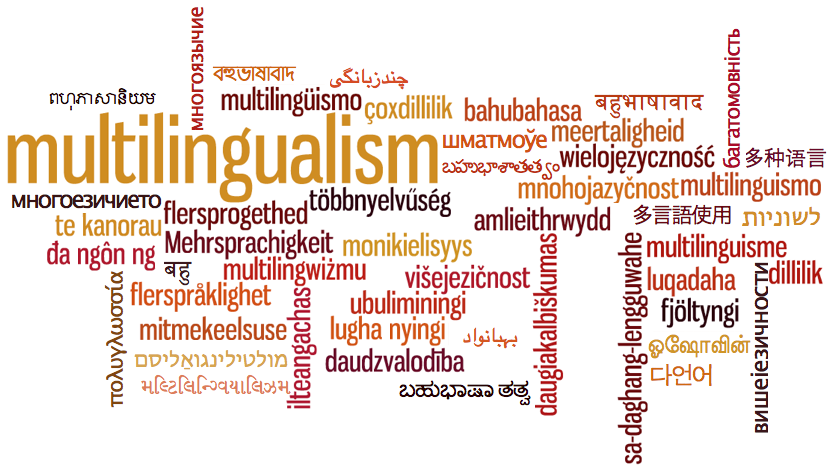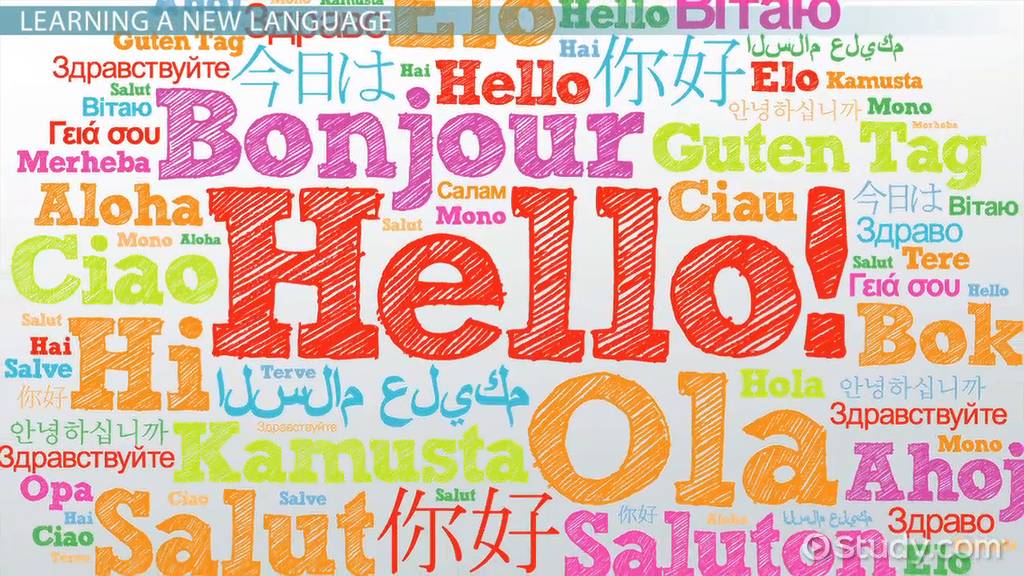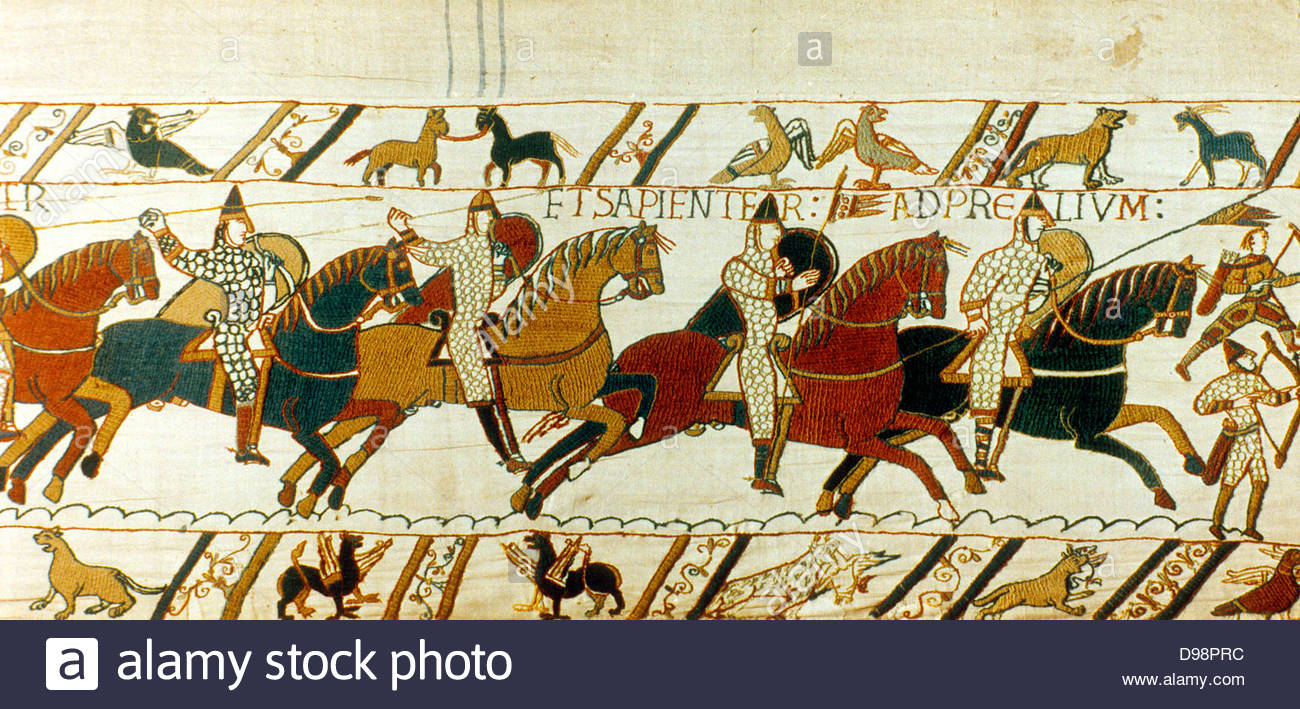- Dozent/in: Marius Albers
- Dozent/in: Maria Braun
- Dozent/in: Sebastian Luke Bücking
- Dozent/in: Britta Gemmeke
- Dozent/in: Anke Grutschus
- Dozent/in: Stephan Habscheid
- Dozent/in: Christian Koch
- Dozent/in: Gero Kunter
- Dozent/in: Ute Reimers
- Dozent/in: Marta Maria Röder
- Dozent/in: Sonja Sälzer
- Dozent/in: Annika Schebesta
- Dozent/in: Britta Thörle
- Dozent/in: Friedemann Vogel

In this seminar, we will explore a wide range of contexts - from
individual biographies to societal patterns - in which multiple languages are
used. After a brief introduction into the various fields of research into
multilingualism, students will be given the opportunity to design, conduct and
present their own small-scale research project.
- Dozent/in: Antje Wilton

This seminar provides an overview of first, bilingual and second language acquisition. We will look at the different stages in child language acquisition, including bilingual first language acquisition, as well as different theoretical accounts. We will then focus on second language acquisition and the theoretical, linguistic and social issues connected to the study of SLA.
- Dozent/in: Antje Wilton

The course will be held digitally, with most content provided asynchronically and additional monthly synchronous meetings in Zoom and/or Mattermost. Please make sure you have adequate infrastructure for distance learning.
- Dozent/in: Antje Wilton

Course image source: https://www.york.ac.uk/media/study/courses/postgraduate/linguistics/Phonetic-alphabet.jpg
- Dozent/in: Antje Wilton

Since Donald Trump took office, the US Environmental Protection Agency
has reworded its mission statements and now claims that its intended
mission is “to create an environment in which jobs can grow.” In this
seminar, we will explore the ways in which people, institutions,
governments and other organisations contribute to and shape public
discourse about the relationship between humans and their (natural)
environments. We will do this by critically analysing texts, both
written and spoken, which reflect past and current ideologies about
nature and their embeddedness in economic and political discourses
according to their language and discourse features. Ecolinguistics,
then, “is about critiquing forms of language that contribute to
ecological destruction, and aiding in the search for new forms of
language that inspire people to protect the natural world” (Stibbe
2015). Students are required to actively take part in the design of the
seminar by contributing their perspectives, favoured topics and
interests. Preparation for the seminar will include regular reading of
news items other online content as well as the assigned academic texts
for each session. Credit points will be awarded for project work on a
chosen environmental-linguistic topic.
- Dozent/in: Antje Wilton

In this course, we will explore the history of English from a sociolinguistic perspective: What languages were spoken in Britain at what times? Were people bilingual or multilingual? How did the different dialects and accents of Britain emerge? And how did English become a global language, ever changing in its journey around the world? And with Brexit looming, what will be the future of English in Europe? Let's find out what shaped the language that we're calling English today, and reflect on our own role as users of that language. Join us on our journey into the past!
- Dozent/in: Antje Wilton
- Dozent/in: Antje Wilton
- Dozent/in: Antje Wilton